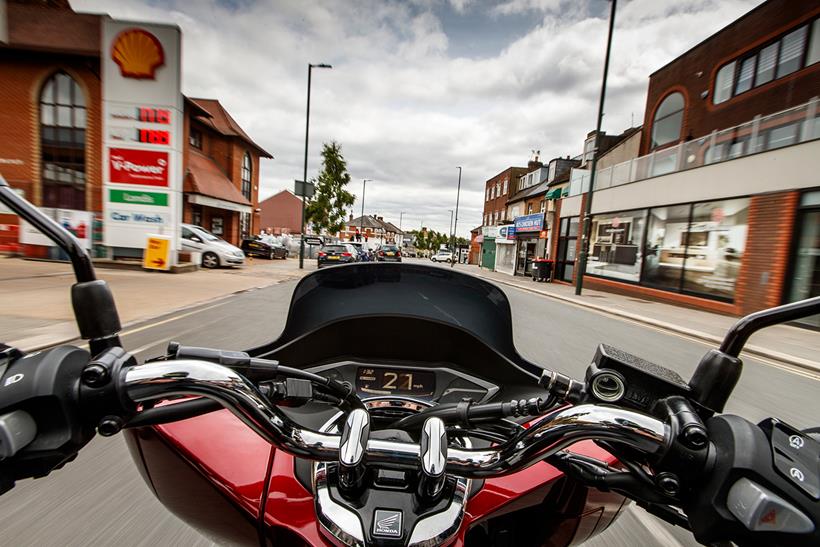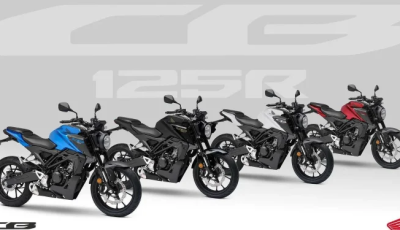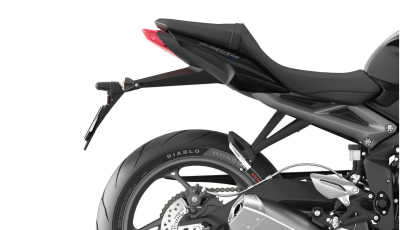Explosion in online purchasing triggers massive demand for urban delivery bikes
Explosion in online purchasing triggers massive demand for urban delivery bikes
Slide?Next Slide?
- Bike couriers at traffic lights in London
Bike industry bosses need to grab the “low-hanging fruit” of opportunity in supplying clean vehicles for ‘last mile deliveries’ according to the Chief Executive of the Institute for Couriers.
Dr Tracey Worth made the plea to motorcycle representatives during last week’s Motorcycle Industry Association conference at the National Motorcycle Museum in Solihull.
Last mile, or express delivery, refers to the transportation of merchandise from the nearest distribution hub to the final destination, usually a home or office, and can include everything from parcels to pizzas.
Demand for such services has exploded since the pandemic, as Dr Worth explained: “In 2019, pre-Covid, we made 25 billion express deliveries in a year. In 2020, during Covid, we delivered 40 billion items.
“In 2021 we start to come out of that, and that figure goes up, to 52.7 billion deliveries. You can see where this is going… this is the opportunity.” She added: “In 2022, the figures are not exact as we are only just in 2023, [but] there were 60 billion.
“These are numbers that are so huge, even for the express delivery service, that it is hard to fully understand how we are going to deliver them.”

This exponential growth is driving a demand for L1 category delivery vehicles (Lcat), defined as powered two/three-wheelers, motorbikes, mopeds, quadricycles and ‘micro cars’.
A critical part of this need is that vehicles must be environmentally friendly, particularly as ultra low emission zones like the one in London continue to be rolled out.
“There are four streams: mail, parcel, groceries and meals (takeaways). All of these are creating these numbers,” explained Dr Worth.

“But my sector can’t deliver it, as we need the supply and that’s where the Lcat is going to help. That is where we are going to be able to expand and that is where you are going to see the low-hanging fruit of opportunity.”
She added: “Covid moved our sector forward by five years. In the first three-months of Covid we met our five-year targets.
“Every company is delighted we were able to do that, we had growth capacity, but now we are exceeding that growth capacity and we need support to actually make it happen.”
In addition to its green credentials a suitable Lcat vehicle must be able to prioritise carrying capacity over weight.
“In the ’70s and ’80s we delivered letters, parcels and pizzas and it was a person-to-person delivery, it was same day,” said Dr Worth. “We need 100-litres capacity straight away. I have seen it, it is there [suitable Lcat vehicles], but what we need is more of it.”









